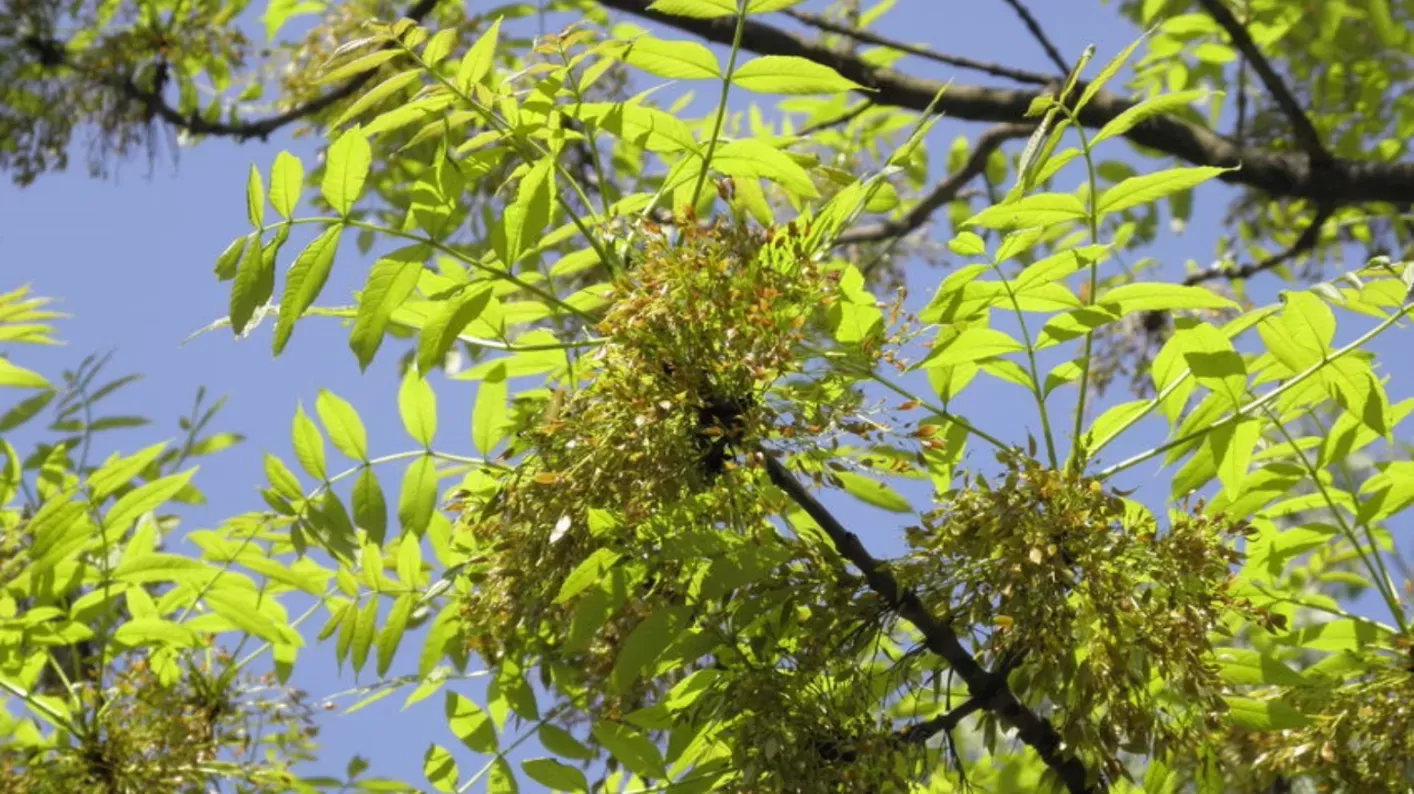
Living Ash Project (Legacy)
Identifying trees tolerant to Ash Dieback Disease and securing material for breeding.
Living Ash
The UK is one of the most nature-depleted countries in the world, with just 53% of its native biodiversity remaining – well below any of the minimum thresholds proposed for healthy ecosystem function and the sustainable delivery of essential ecosystem services. In response, the governments of the UK have developed ambitious plans to conserve and restore species and habitats with the overall aim of halting biodiversity loss by 2030.
The MSB’s UK Programme is helping achieve this ambition by:
Making new seed collections to increase the ex-situ conservation of the UK’s flora at the MSB.
Using our collections and science to improve restoration outcomes and support active restoration work in the UK.
Sharing knowledge and expertise through partnership working, training and technical support.
We are making new high-quality collections of seed, tissue samples and field data, prioritising threatened and endemic species, trees and the material needed to support hypothesis-driven research and active restoration by Kew and our partners. Sampling strategies emphasise genetic diversity and adaptive potential at intraspecific and intrapopulation scales, ensuring our collections are relevant and responsive to the challenges posed by climate change and other emerging threats.
We are committed to increasing the accessibility of our seed collections, data and expertise to researchers and conservation practitioners. Seed and plant material is available to support species recovery, reintroduction and habitat restoration projects, responding to partner or project need with a focus on rare, specialised or specific-origin material that is otherwise unavailable in the UK. We also work with colleagues and partners to link Kew’s seed collections and research strengths in seed and germination ecology, conservation genetics and horticulture to practical applications in the specification, collection, production, storage and use of native seed and plants.
We also provide technical advice and training to support high quality seed collecting and help partners access and make effective use of native seed to achieve their own conservation and restoration goals.
Provide specialist native seed or plants, advice, applied research, training or technical assistance to at least 50 UK restoration projects between 2022 and 2027.
Ted Chapman – UK Conservation Partnerships Coordinator
Stephanie Miles – UK Collections Coordinator
Christopher Cockel – UK Native Seed Hub Coordinator
Jennifer Peach – UK Threatened Flora Project Officer
Isabel Negri – UK Conservation Projects Officer
Owen Blake – UK Ash Collecting Project Officer
Matthew Jeffery – UK Tree Seed Collecting Field Officer
We work with a wide range of partners across the UK, including national statutory agencies such as Natural England and the Forestry Commission; large conservation organisations such as the Wildlife Trusts, the National Trust, Plantlife and the Woodland Trust; the National Botanic Garden of Wales; and many smaller local or community-led conservation initiatives.

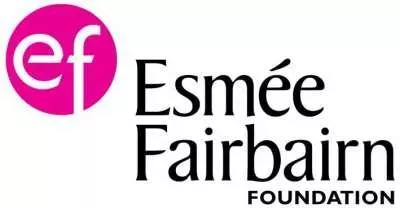
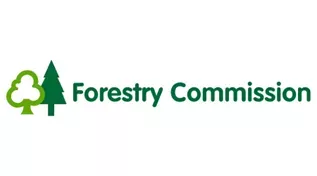
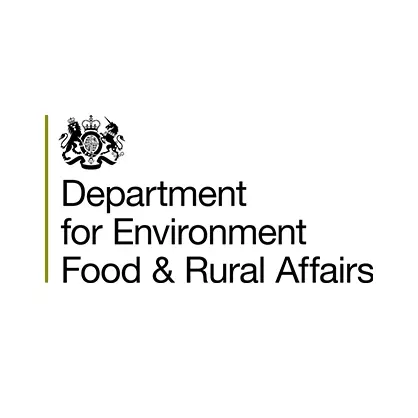
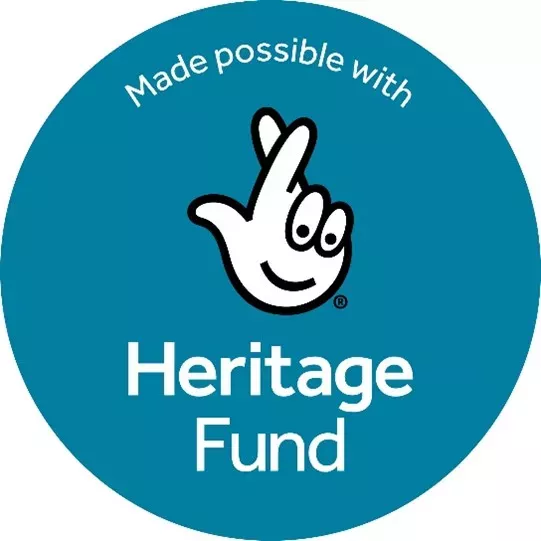

Identifying trees tolerant to Ash Dieback Disease and securing material for breeding.
Living Ash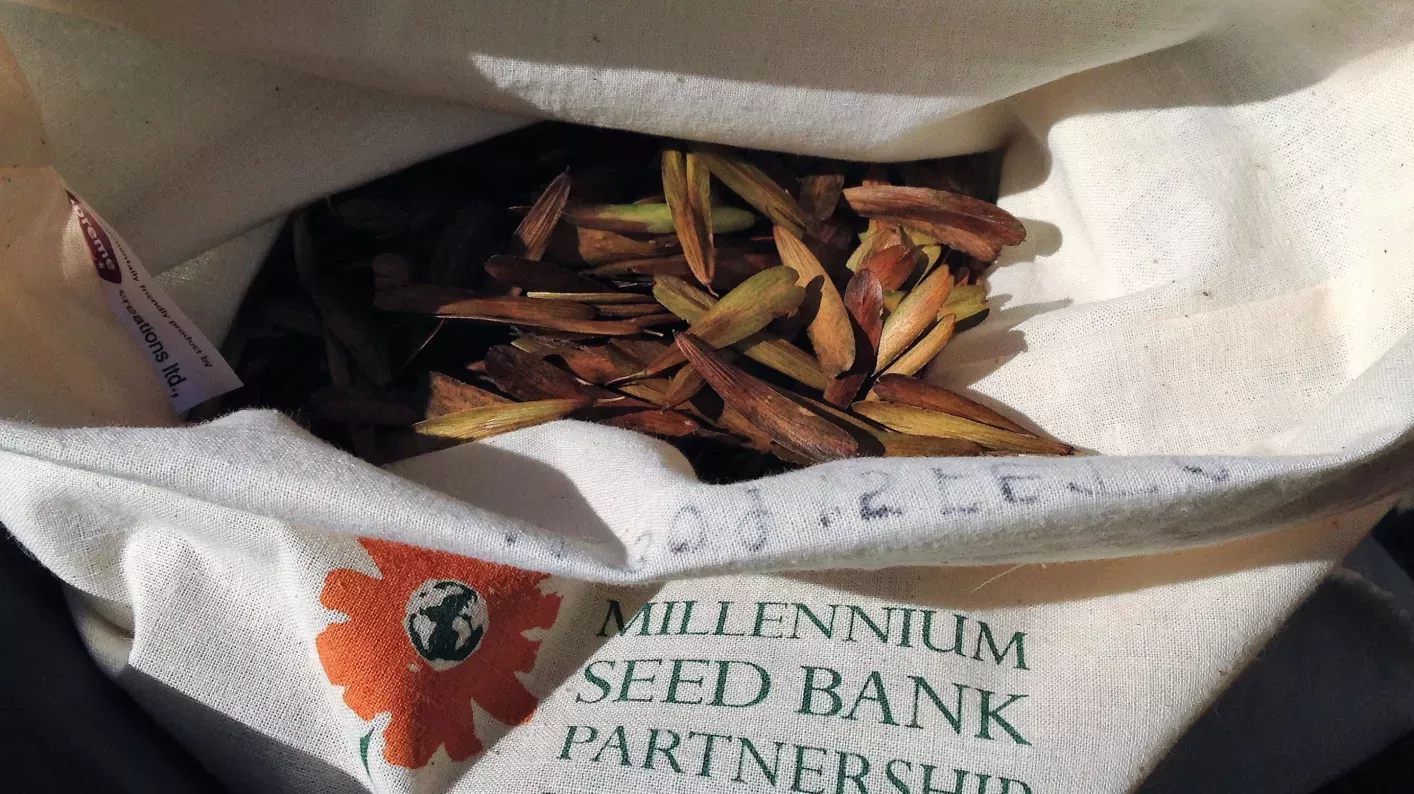
Collecting seed, tissue and data from ash dieback tolerant ash trees
UK Ash Collecting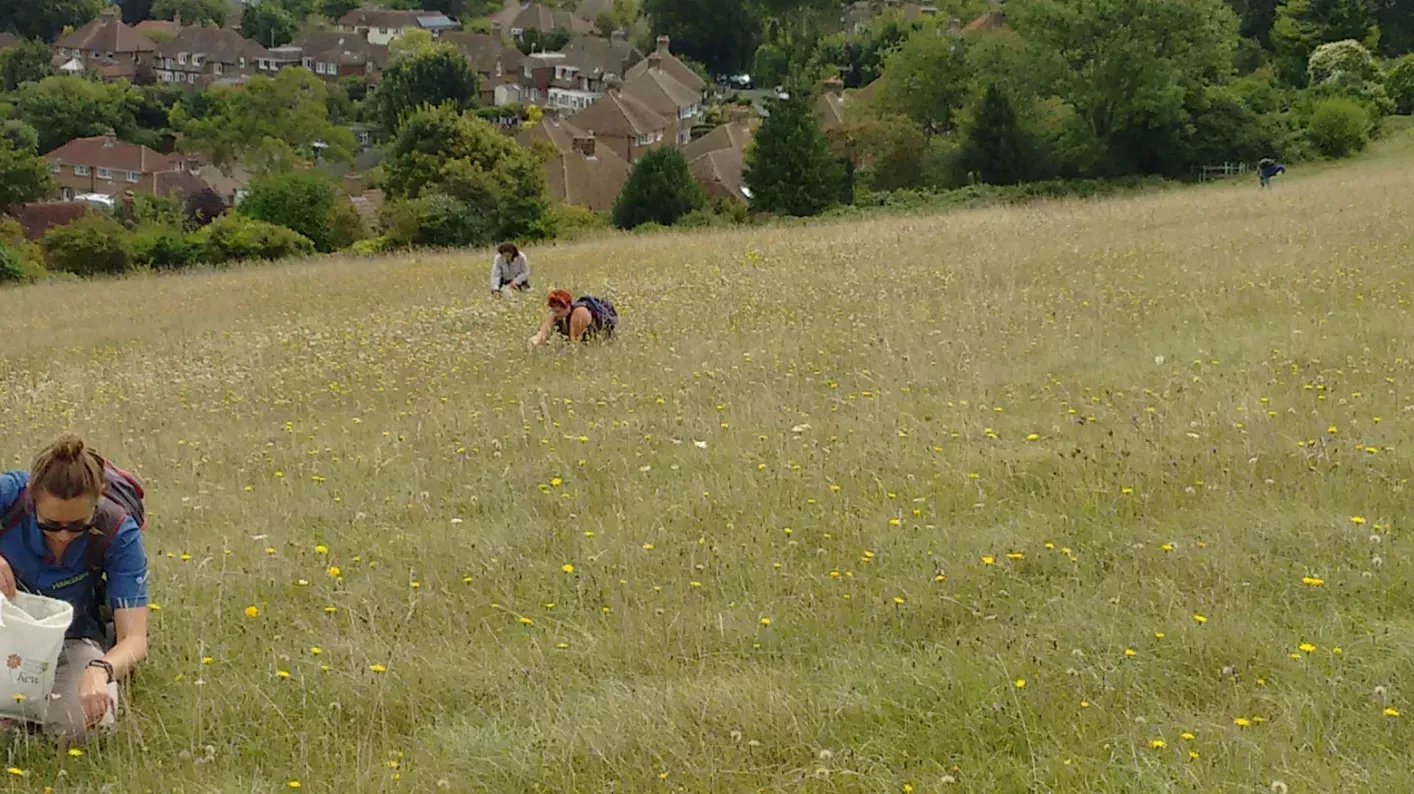
To enhance the UK collections stored in the Millennium Seed Bank with a focus on threatened and useful species, and to optimise the storage and germination protocols for these collections.
UK Flora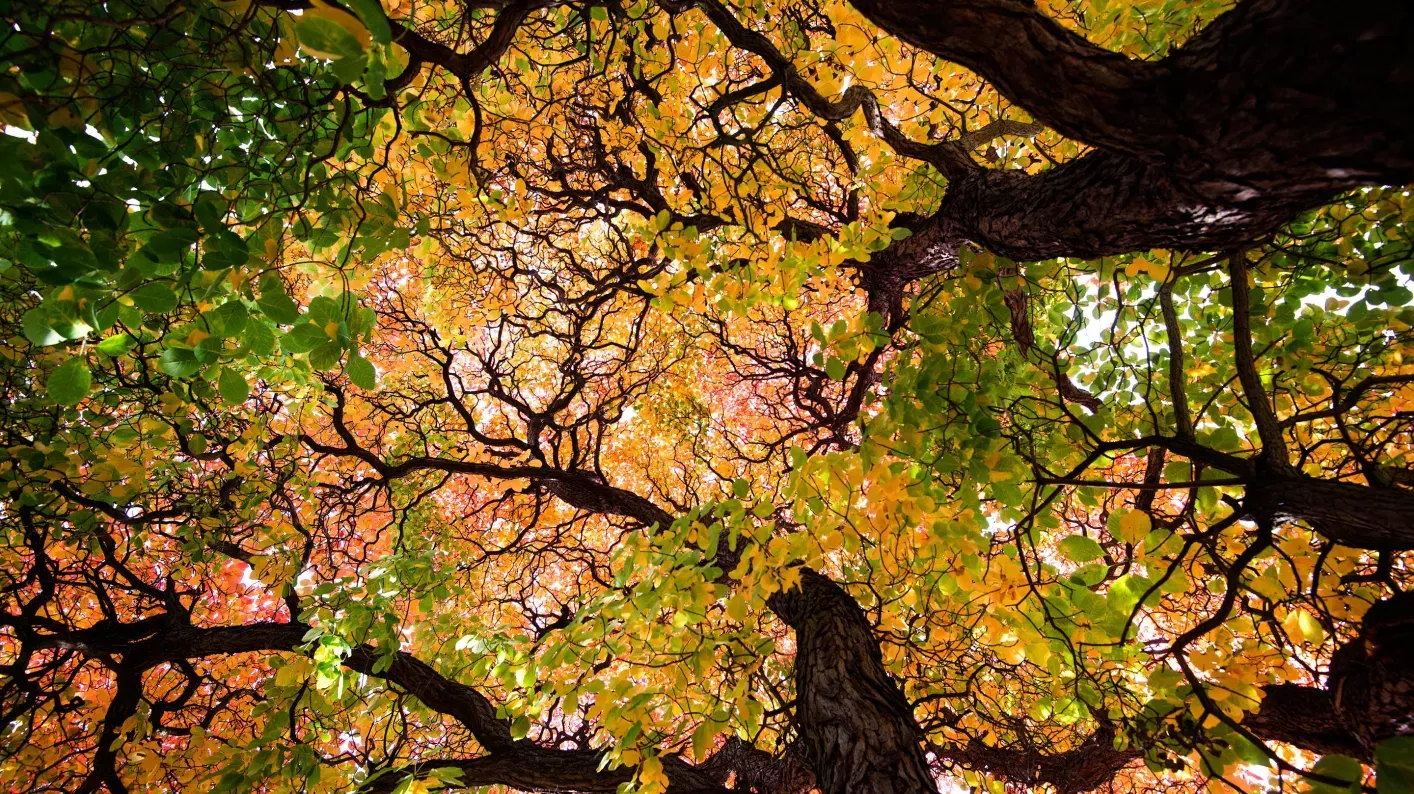
Developing collaboration to promote awareness and understanding of UK Forest Genetic Resources (FGR) by highlighting the need to extend knowledge of the pattern and drivers of genetic diversity and local adaptation in UK trees.
UK Forest Genetic Resources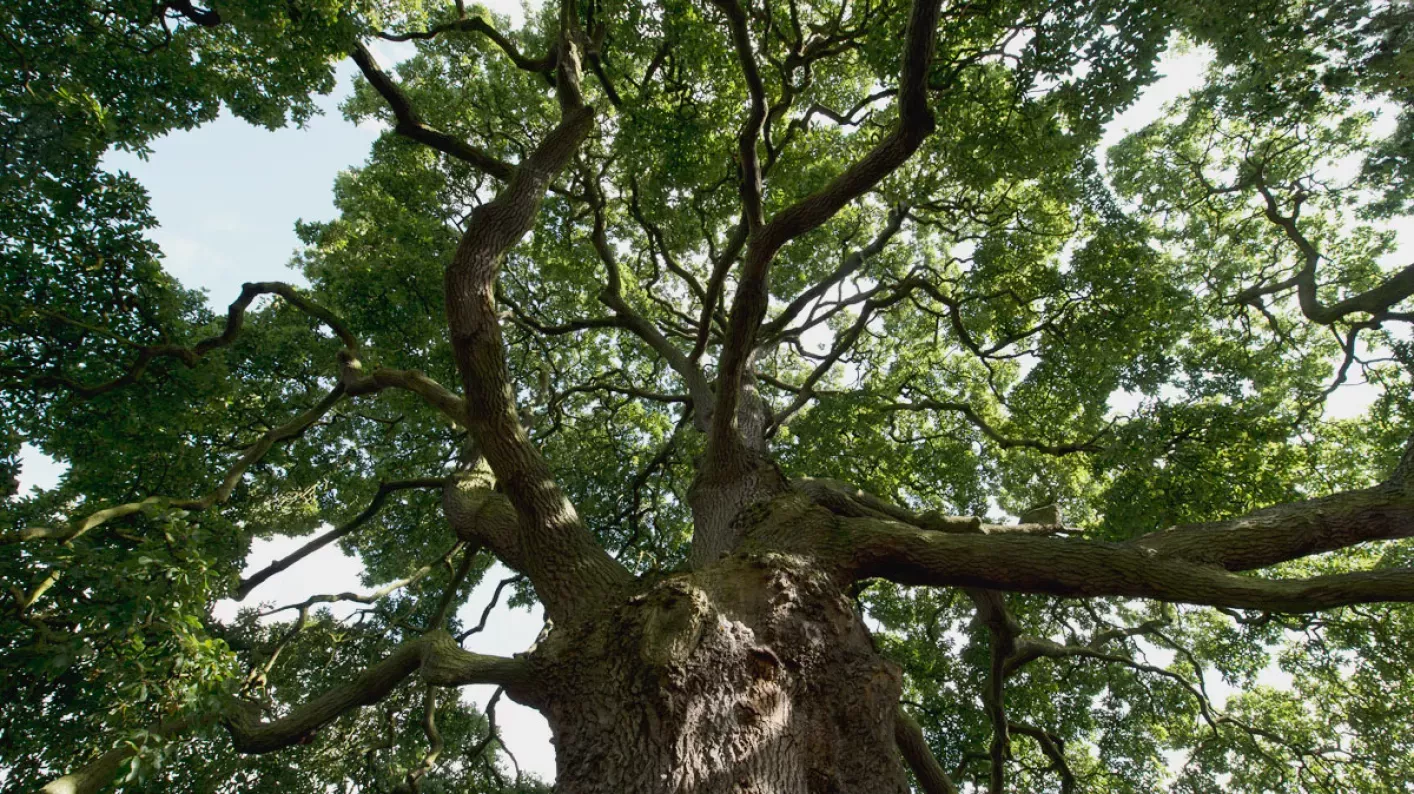
Ensuring that high quality, genetically diverse seed and associated data from UK trees and shrubs are available to support conservation and research.
UK National Tree Seed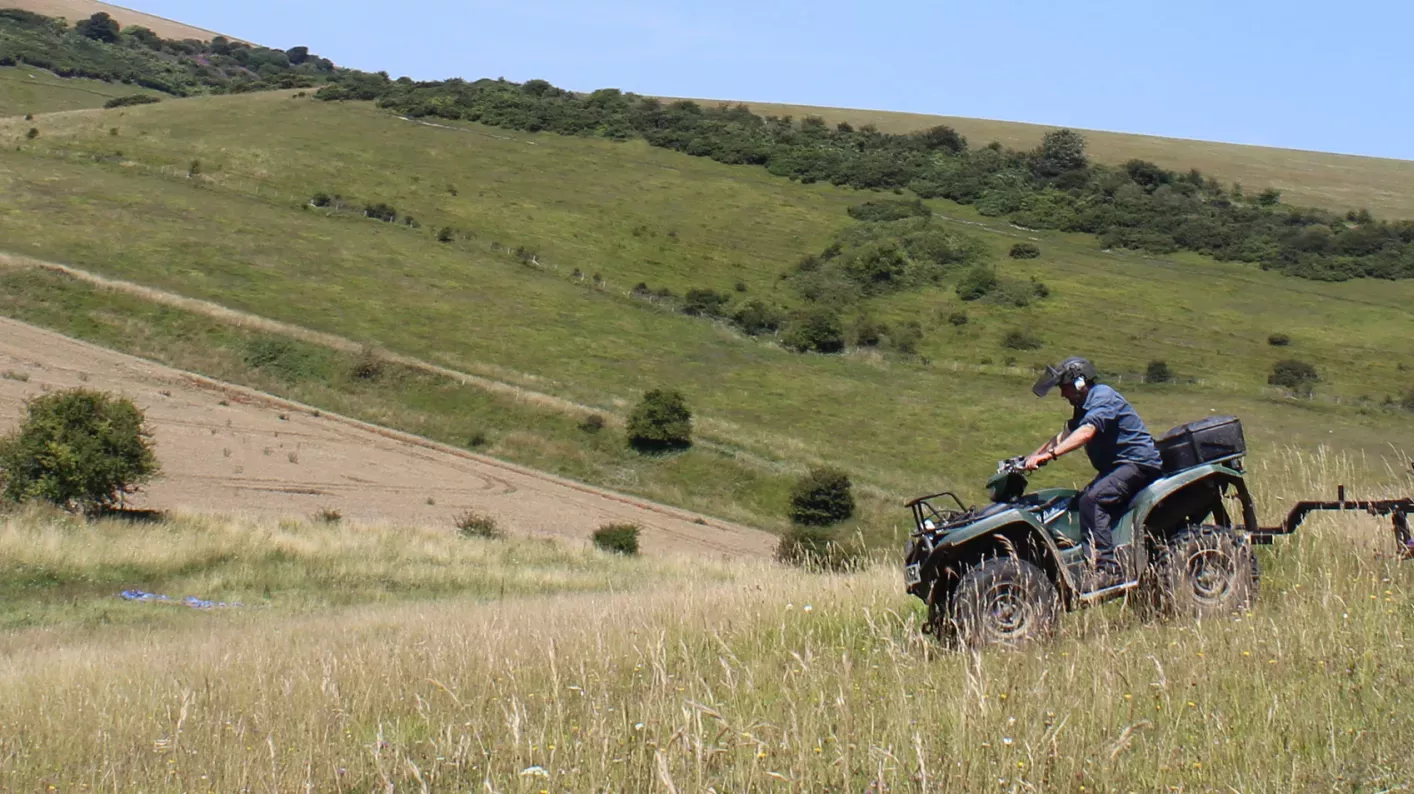
Mobilising Kew's seed collections, facilities and expertise
UK Native Seed Hub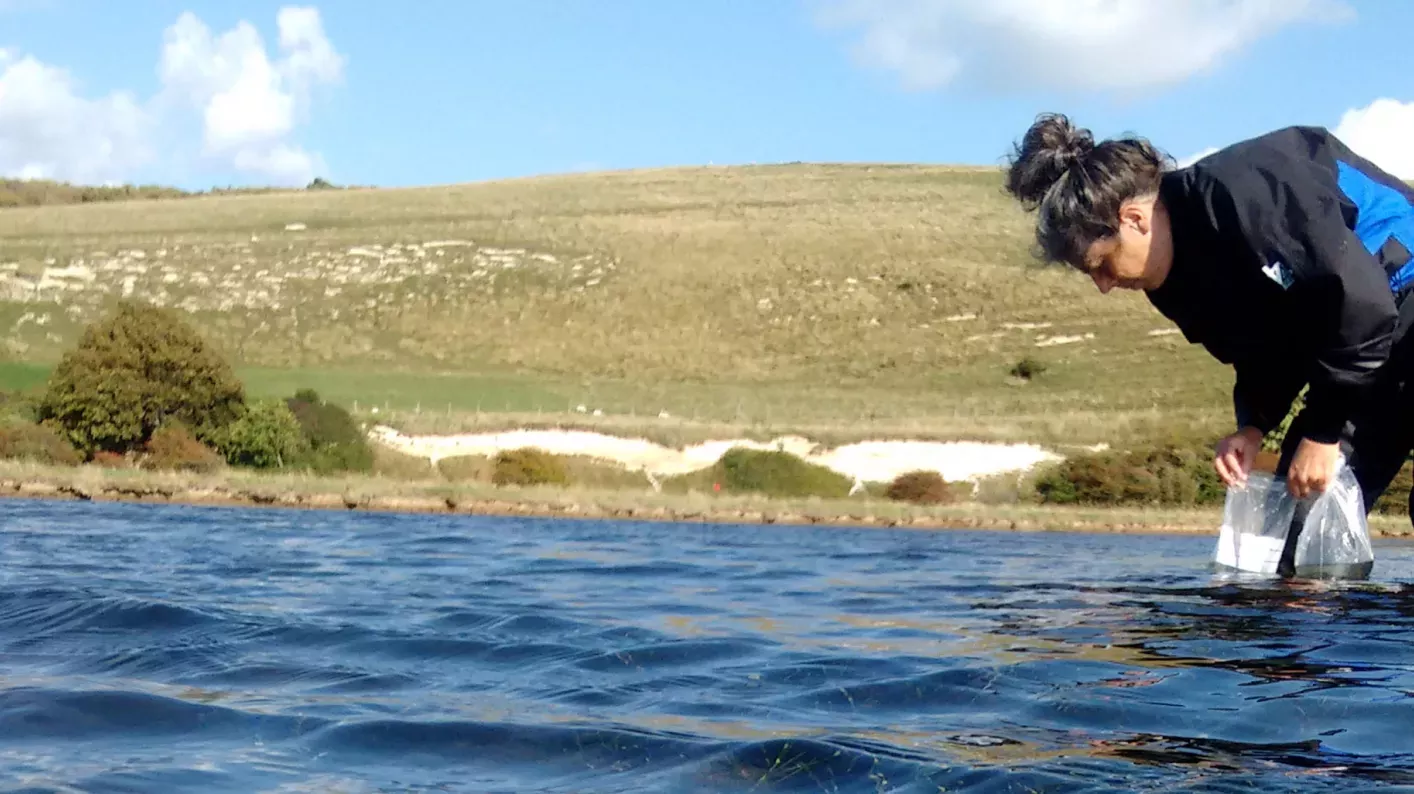
Sampling seeds from multiple populations of threatened species to capture genetic variation across the UK.
UK Threatened Flora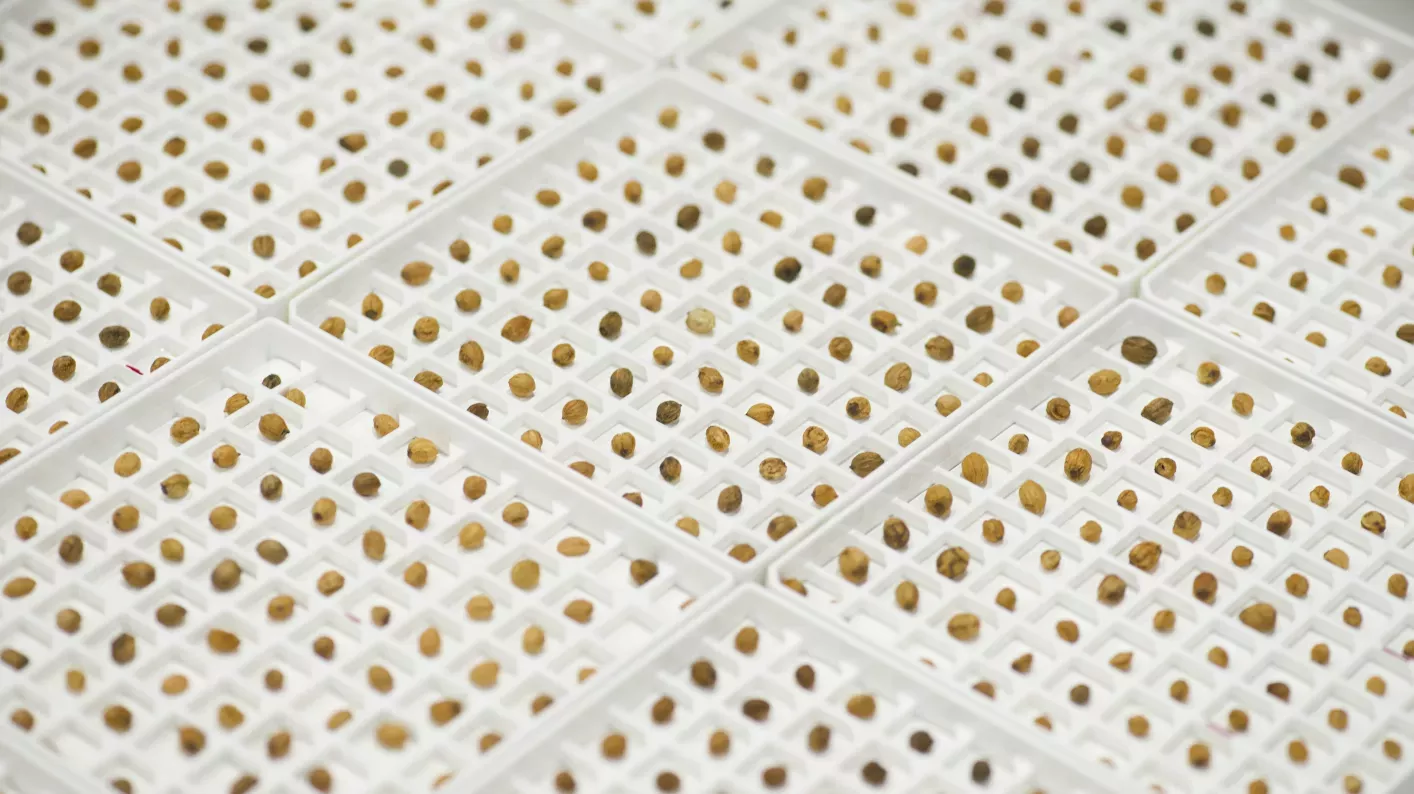
This project combines research and technical development to investigate germination traits in UK native trees; to understand how these traits vary; and optimise commercial seed quality using high-throughput screening techniques.
Seed traits for tree production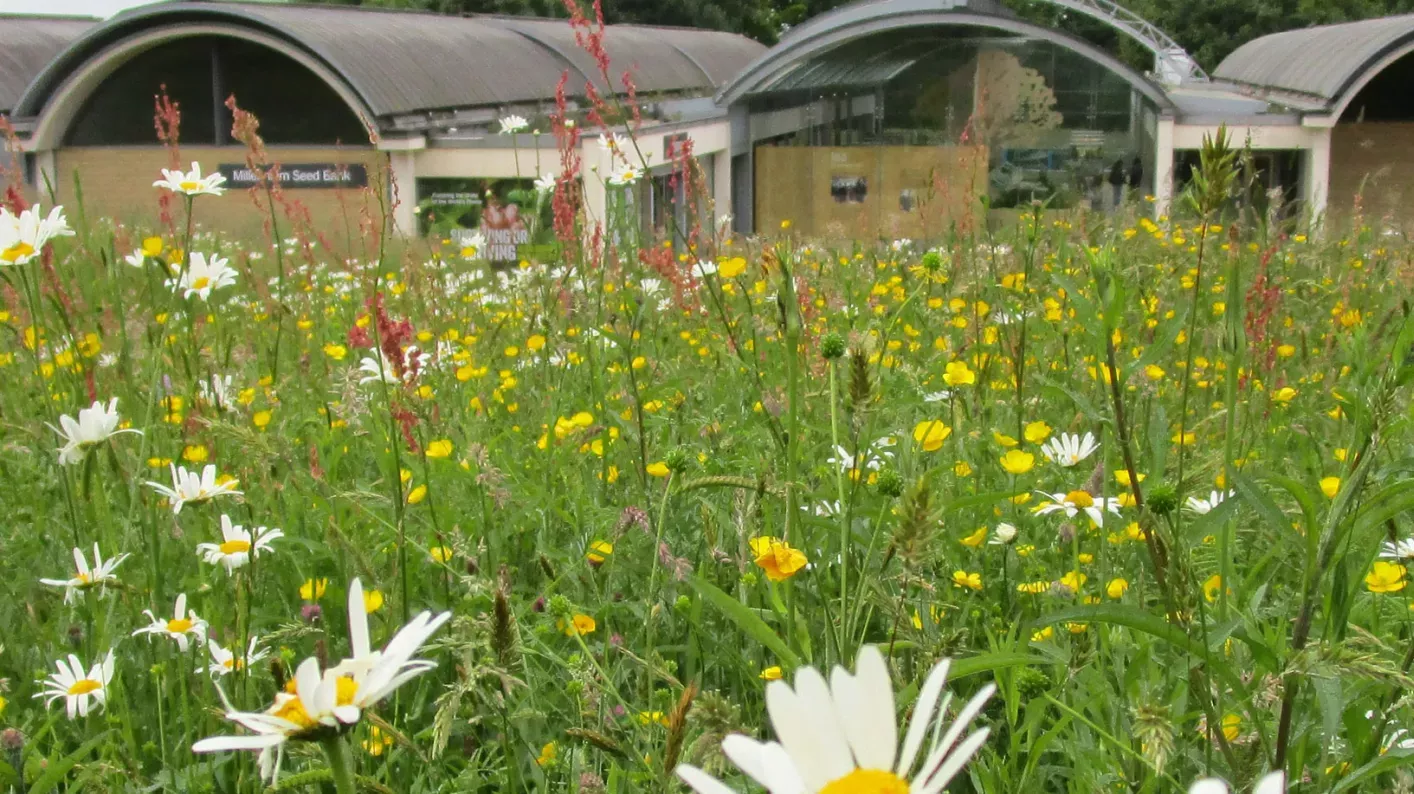
Supporting the restoration of UK plant diversity with native seeds.
Native seeds for restoration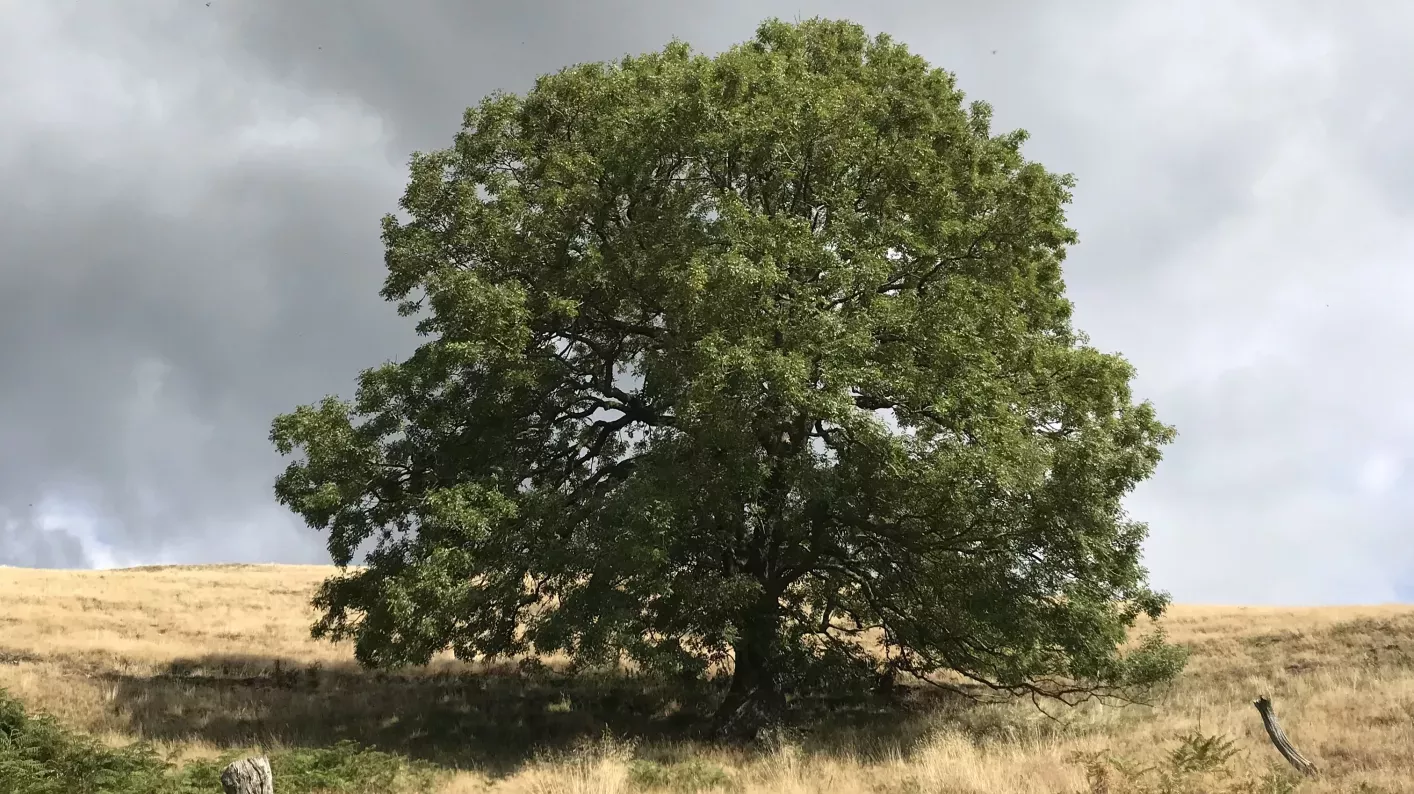
Next-Generation Tree Seed Collecting in the UK
Diversity, "Diversity, Adaptation and Use@Kew_MSBUK on Twitter
Chapman, T., Miles, S., & Trivedi, C., (2019)
Plant Diversity, 41: 124-131.
Chapman, T., Pocock, S. & Davies, R. (2018)
Peach, J., Davies, R., Walmisley, J. & Chapman, T. (2017)
Natural England Commissioned Report, Number 244. York.
Trivedi, C., Cavers, S., Atkinson, N., Clark, C. & Cottrell, J. (2018).
RBG Kew.
Hoban, S., Kallow, S. & Trivedi, C. (2018).
Biological Conservation, 225: 10-21.
Gargiulo, R., Saubin, M., Rizzuto, G., West, B., Fay, M.F., Kallow, S. & Trivedi, C. (2019)
Biological Conservation, 233: 289-297.
Davies, R., Hudson, A., Dickie, J., Cook, C., O'Hara, T., & Trivedi, C. (2020)
Seed Science Research, 30: 1-11.